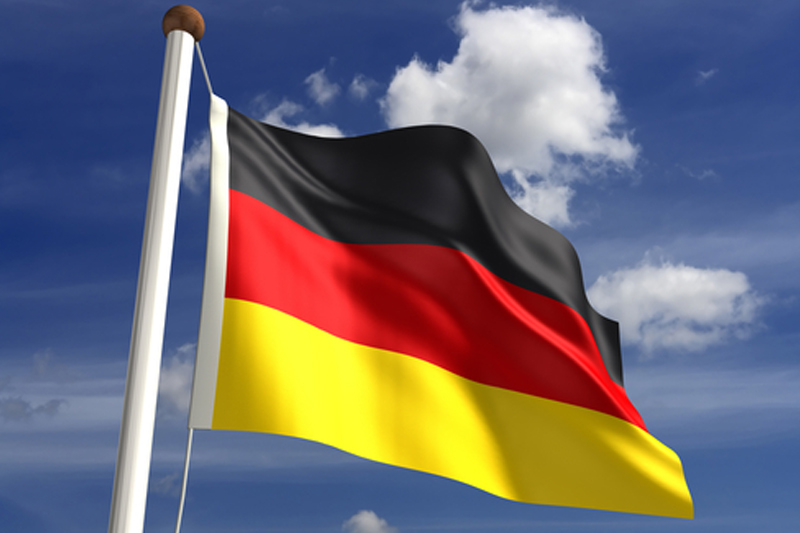By Paul Carrel
BERLIN (Reuters) - German growth accelerated in the second quarter of 2015 but by less than expected, with foreign trade acting as a support and investment braking Europe's largest economy.
German gross domestic product (GDP) grew 0.4 percent in the quarter between April and June after expanding by 0.3 percent in the first three months of 2015. The consensus forecast for the second quarter in a Reuters poll was for 0.5 percent growth.
"Growth is not rapid at the moment, but it has a solid basis," said Holger Sandte at Nordea. "The biggest weakness is in companies' investments, and that is likely to remain the case as a good outlook for sales is apparently lacking."
The mood among analysts and investors in Germany worsened in August due to concerns about the effect of an unstable global economic backdrop on the country's export-dependent economy.
Some economists took confidence, however, from Friday's GDP figures showing that neither a slowdown in China nor the crisis in Greece slowed the German economy in the second quarter.
The solid German expansion contrasted with a stagnation in the French economy in the second quarter.
"Neither the Chinese growth slowdown nor the events in Greece threw German companies off track," said Andreas Rees at UniCredit. "Furthermore, overall domestic demand remained solid despite the weather-related decline in the construction sector."
The Statistics Office said exports rose much more strongly than imports in the second quarter, supported by the weak euro. However, it said there was a marked drop in inventories and weakness in investment.
Unadjusted data showed the economy expanded by 1.6 percent on the year in the second quarter, surpassing the Reuters consensus forecast for 1.5 percent growth.
UNCERTAIN OUTLOOK
The uncertain global outlook is holding back German firms.
Around half of Germany's 30 blue-chip companies reported consensus-beating financial results for the April-June period. More than two thirds nonetheless stuck with their guidance for the year as a whole as geopolitical and economic uncertainties remain for the second half of the year.
Business confidence nonetheless improved in July after two monthly drops as an agreement between Greece and its creditors for talks on a third bailout lifted the mood at firms.
In positive news for the economic outlook, figures released last week showed industrial orders recorded their biggest gain since early 2011 in the April-June period thanks mainly to strong foreign demand.
Some German industrial companies have made upbeat earnings announcements. German auto parts and tyre maker Continental this month raised its full-year profit outlook after quarterly earnings jumped more than expected on a strengthening European car market.
Much of the concern about the outlook concerns China, which has seen a run of weak economic data.
"There is no denying in that the Chinese slowdown already weighed on German companies' business. It also likely that the downward pressure will intensify in the second half of this year," said Rees.
